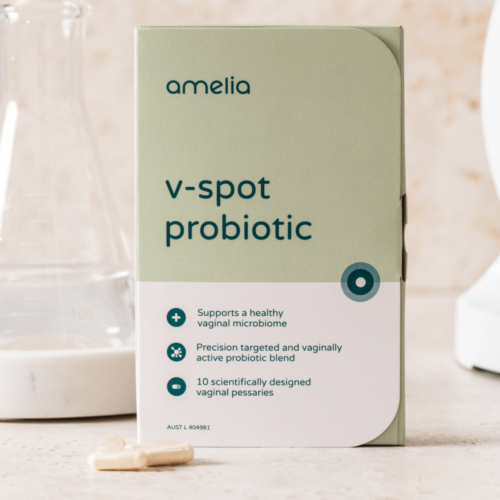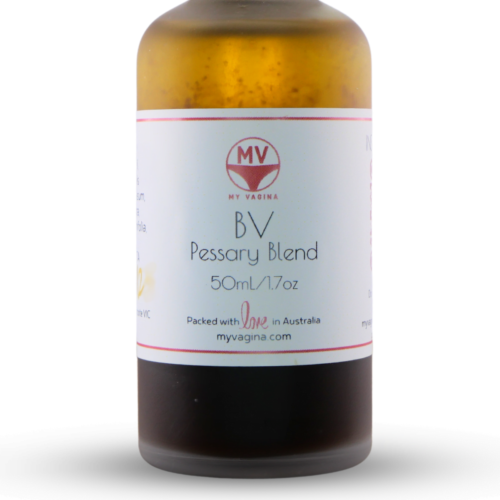There can be a dark side to your vagina after birth, but you won’t know until the dripping stops, the swelling goes down, and you can finally see and feel yourself.
There is a timeline of what happens to your vagina immediately after giving birth, but this article is about later on as you heal up and things get back to what might be their new normal. We’ve covered what happens immediately after birth: you’ll be bruised, swollen, bleeding, and feel like your vagina feels wide. Your perineum may be sore too.
This should all start to heal up and progressively get better over the next three or so months. Some women take longer to heal up, while others will feel back to normal quickly with no untoward side-effects of birth.
The other articles in this series include:
The effect of a vaginal birth on your vagina
A vaginal birth can stretch out your vagina, weaken your pelvic floor muscles, and result in various issues from unsatisfying sex to stress urinary incontinence.
Typically there are two major issues: stretched out collagen inside your vaginal walls, and weak or dysfunctional pelvic floor muscles. These two combined can result in a dysfunctional pelvic area, loose-feeling vagina, and issues with bowel movements and urination.
These problems will be worse immediately after birth, but sometimes can linger on into ‘real life’.
You may also have vaginal or vulvar tears that can vary in severity and how well they heal. How these heal and what is done about them at the time is important, because if you tear badly, but it’s not picked up, your vagina can heal poorly or you can end up with a lot of scar tissue. Prompt inspection is important, if you think something is off.
You may have had an episiotomy during birth, whereby the perineum is cut to help get the baby out. These cuts can heal poorly, with a lot of scar tissue or having created a too-tight vaginal entrance, making sex or masturbating uncomfortable later on. You can also end up with chronic pain or discomfort.
What to expect over the long-term after a vaginal birth
Vaginal laxity
You can expect your vagina to feel a bit looser than before giving birth, forever. This is normal. It doesn’t mean that sex with be like ‘throwing a sausage down a hallway’; it just means you will need to put more effort into your pelvic floor function (and any dysfunction) and check in with your partner to adjust how you go about sex.
A vaginal birth is not a sex-life death sentence – there are plenty of women having great sex after having kids.
If you are having issues with pelvic laxity, then your best bet is to see your doctor to make sure nothing untoward is happening, and then get a referral to a pelvic physiotherapist, or see an osteopath for guidance on your pelvic floor function. There are some options to improve the state of your vagina and urinary tract, including infrared, laser or radiofrequency treatments where appropriate.
While nobody wants to say it out loud, vaginas can be ruined by giving birth vaginally. Everyone hopes it won’t be them, but the truth is, it happens. The effects can be minor, but compared to what? If you can’t use your vagina the way you used to, it can impede some very intimate activities. Not being able to have comfortable or pleasurable sex may not seem to your doctor to be a big deal, but it is. Peeing your pants a little bit when you cough is a big deal.
There is a big gap (ehem!) in how medicine has gone about treating women’s bodies, particularly after childbirth. There has been an attitude of, well this is what happens when you have a baby, so deal with it! This dismissal of women’s discomfort, pain, and the loss of enjoyment is not taken as seriously as it ought to be. If your doctor is not taking your concerns seriously, or is saying there is nothing they can do, find another doctor.
New and novel treatments are coming out all the time that may help your body tighten up a bit. Some treatments to look up include:
- Radiofrequency
- Laser
- Infrared light
- Platelet-rich plasma (PRP)
- Pelvic physiotherapy
- Osteopathy
Vaginal dryness
Your vagina is likely to feel dry for a while after birth, probably several months, or even the entire time you breastfeed if you don’t get a period. This is because your vagina and vulva need oestrogen to stay plump, supple, and juicy, and prolactin – the hormone that stimulates your breast milk – blocks oestrogen for the most part.
This can result in a dry, irritated or itchy vagina and vulva. While this is normal, it can be quite uncomfortable, so speak to your healthcare practitioner about your options. This may include using a vaginal moisturiser, and possibly a product that has oestrogen in it, which will act on local tissues to bump up moisture production.
When you’ve had a traumatic birth and surgeries
You can’t predict what your body is going to do when you are having a baby. You may be one of the lucky ones who bounces right back, or you may experience the terrible consequences of unforeseeable complications that result in surgery and birth traumas.
A traumatic birth can leave your vagina and soul in tatters, and this can happen on the first, third, or seventh baby. There is no predicting how the birth process will go.
Having prompt and proper medical care immediately after your birth is one of the best ways to help get better outcomes, since what happens to your body at the time, and how it’s managed, will dictate what happens later.
If your medical care is substandard, surgeries may have been performed inadequately, your surgeon may have been inexperienced, or you may have simply needed care that was not available or unattainable. It can sometimes be hard to see what’s happening during the chaos of a birth, and problems may not be picked up until later on when the dust settles.
A traumatic birth comes with scars that are more than physical, but your body will probably never be the same again.
Specially formulated probiotic for vaginal application to promote a healthy vaginal microbiome.
Unique, comprehensive BV, AV and 'mystery bad vag' treatment guide, one-of-a-kind system, with effective, innovative treatments.





